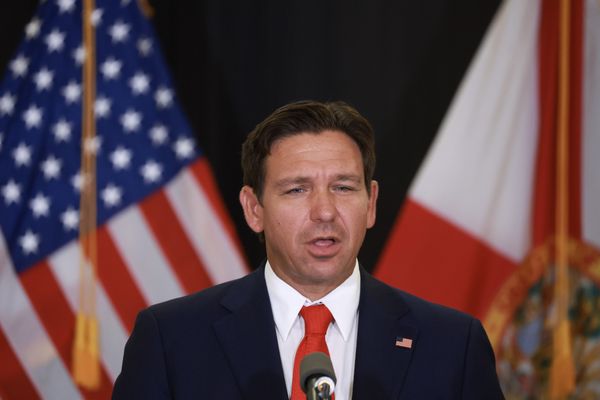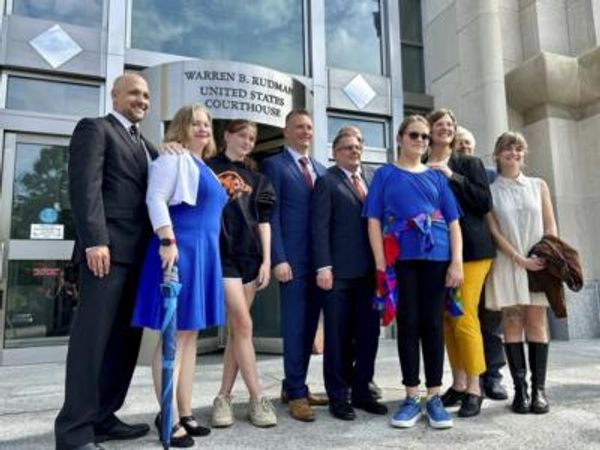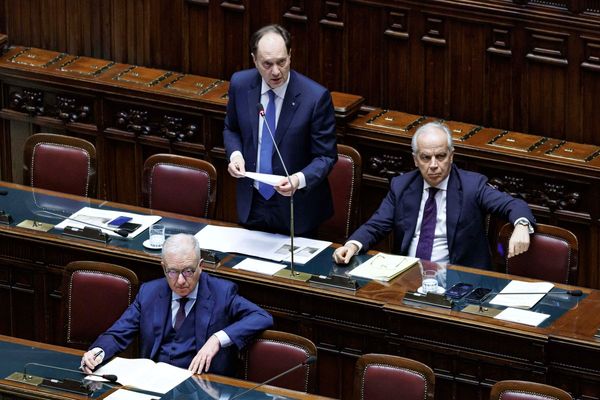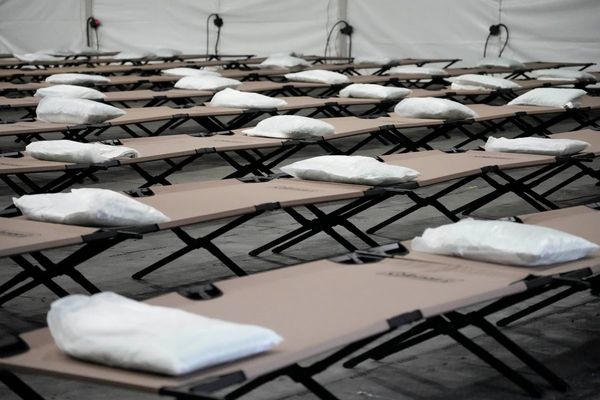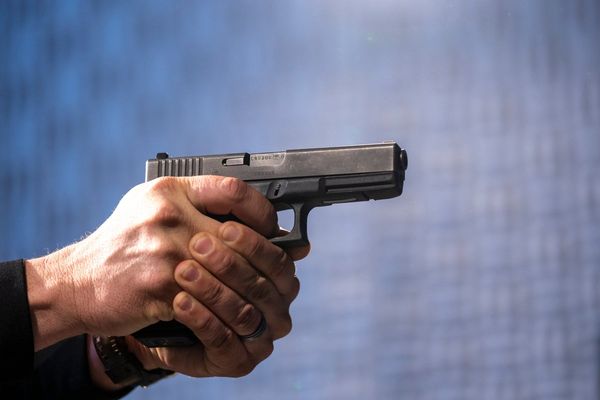Russia does not envisage any decisive breakthroughs from Monday's talks between Russian President Vladimir Putin and his French counterpart Emmanuel Macron, but expects Macron will propose ways to ease tensions in Europe, the Kremlin said. The Ukraine crisis is set to dominate the dialogue.
Macron heads to Russia on Monday followed by Ukraine in an attempt to avert conflict between the neighbours, reprising his role as a crisis mediator but expectations are low.
The 44-year-old leader, who is facing elections in April, has repeatedly thrown himself into the search for solutions to some of the world's most acute diplomatic problems from Iran's nuclear programme to Libya's civil war.
His latest attempts to lower tensions between Russian President Vladimir Putin and Ukrainian counterpart Volodymyr Zelensky are consistent with the two main features of his thrusting foreign policy since coming to power in 2017.
He has always argued that Europe and the European Union should take greater charge of its own defence and security, and has sought to push France forward on the international stage with what he describes as "diplomacy of audacity".
He laid out this philosophy in front of French ambassadors in 2019, telling them that Europe risked disappearing unless it stood up for itself and arguing that the only choice is "to take part in the game and use our weight".
"I believe in one thing: it's a strategy of audacity and taking risks," he said.
Voice of Europe
Analysts are unsure what the French leader can achieve during his visits to Moscow and Kyiv on Monday and Tuesday to de-escalate a crisis sparked by the massing of around 100,000 Russian troops on Ukraine's border.
Tatiana Kastoueva-Jean at the French Institute of International Relations (IFRI) said that Putin sees Macron as the de-facto leader of Europe after veteran German chancellor Merkel stepped down after 16 years in power.
Macron on Friday spoke to German Chancellor Olaf Scholz, who is still taking his first steps on the world stage after succeeding Merkel in December.
"In Germany, the new coalition government is still getting up to speed," she said. "So Macron is the voice of Europe in talks with Putin."
France also currently holds the rotating presidency of the 27-member European bloc.
De-escalation
Michel Duclos, a former ambassador at the Montaigne Institute, a Paris-based think-tank, said the French president has been wise not to build up expectations and appears to be coordinating better with EU allies.
"You get the impression he has learned from his previous failures," he told AFP.
The French presidency on Friday was not promising miracles from Macron's trip.
He will "make contact, engage in negotiation in the clearest possible terms," the presidency said.
"It is not a question of settling everything" but of moving towards a "de-escalation", it said.
At home, political observers are unsure how the flurry of diplomacy will impact Macron's chances of re-election.
With the first round of the election looming on 10 April, Macron will also have to decide in coming weeks whether to pull out a French force deployed in Mali in west Africa where relations with the ruling military junta have broken down.
Macron's attempted peace-making "reinforces his international stature" but brings with it the risk of failure which opponents would use, a French lawmaker close to Macron told AFP this week, asking not to be named.
"He has to show that he can obtain concrete results," the MP said.
(with newswires)
